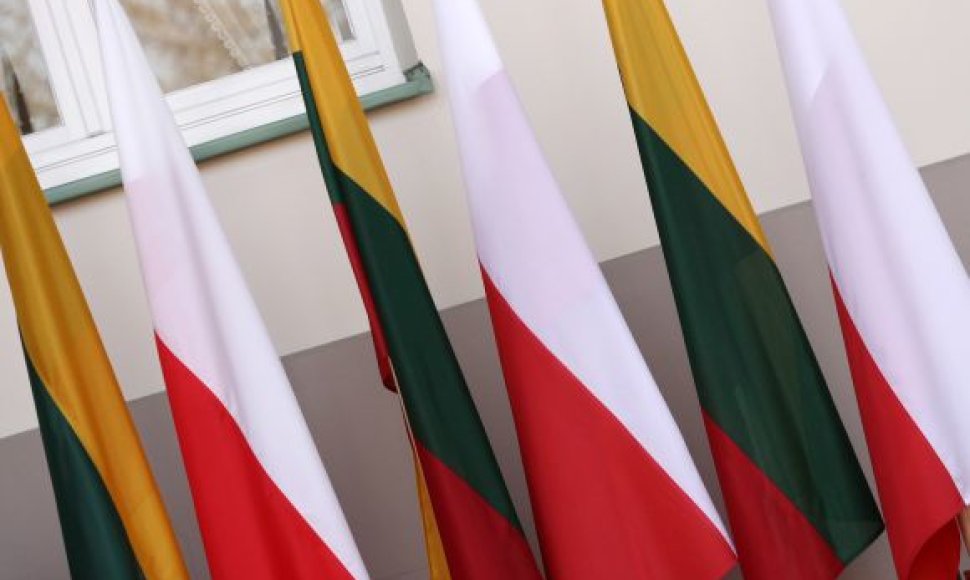The EC answer was sent to the Petitions Committee of the European Parliament, which was to discuss the matter later this week. The EC had provided a similar answer this spring.
Author of the petition, Tomasz Snarski, said the changes to the Lithuanian Education Law caused an unfavorable situation for Lithuanian citizens of the Polish national minority. He also recalled the still unsatisfied Polish request to allow bilingual street signs in Polish-dominated towns as well as original Polish spelling of personal names in official documents.
The EC found that the issues should be handled by every individual country.
The EC emphasized it was not authorized to address issues of national minorities or interfere with actions of member-states in the area of fundamental rights, except for cases when the issue has to do with the EU law.
According to the reply, national provisions on the education program and language rights of national minorities were not part of the field of application of the so-called racial equality.
In the explanation, the commission also cited the ruling of the EU Court of Justice, which has ruled that the absence of the right to use one's name should not bar an EU citizen from exercising his or her rights of movement.
The European Parliament's Petitions Commission started examining several petitions in connection to the Lithuanian Education Law back in April. Closure of the case was expected last week, but the hearing was postponed.












